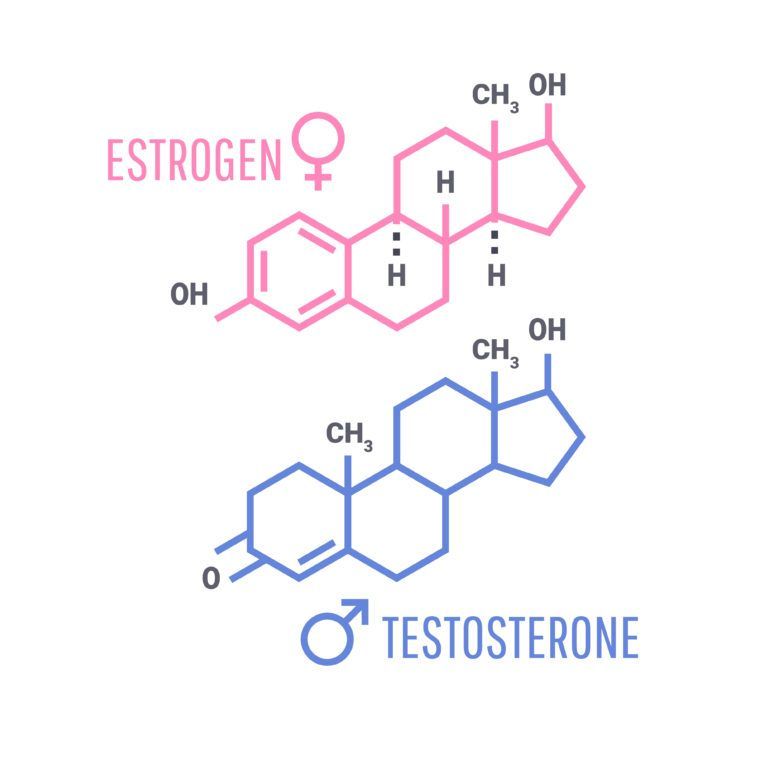

What is Oral spironolactone?
In recent years, oral spironolactone has become an increasingly popular option for the long-term control of cystic acne in women. Even though it is not FDA approved for the treatment of acne, large studies have demonstrated its safety and effectiveness. Spironolactone is ideal for those women who experience premenstrual flares, those who wish to avoid oral antibiotics, or for those who flare with acne after discontinuing oral antibiotics.


Specialized Topical Remedy
The Acne Center of Michigan offers a specialized topical version of spironolactone (Acne DS Clarifying Gel™) that is highly effective in controlling hormonal flares of acne in women. There are no significant side effects from the topical version of spironolactone and the medication is well-tolerated, even in those with sensitive skin. Note that women should not use acne Acne DS Clarifying Gel™ during pregnancy.


How does spironolactone work?
- Shrinks oil (sebaceous) glands
- Lowers testosterone levels
- Reduces or eliminates premenstrual flares of acne
- Reduces underground bumps
How effective is oral spironolactone?
In a recent study of 400 women:
- 80% show significant improvement in their acne
- 20% women are completely clear at six months
- 40% are completely clear at nine months
- 50% are completely clear within a year of taking spironolactone
In our experience, the longer women take oral spironolactone, the better they do. In fact, many women no longer require topical acne therapy after being on spironolactone for more than a year.
What are the side effects of oral spironolactone?
Side effects tend to be mild and include increased urination, low risk of menstrual irregularities, breast tenderness, and headache. Most women do not need to stop spironolactone due to side effects.
Who should not take spironolactone?
It is important to remember that neither topical nor oral spironolactone should be taken during pregnancy. If a woman plans to become pregnant soon, spironolactone is not a good idea. This is because we do not know how spironolactone would affect the development of male genitalia of a fetus (since the medication blocks testosterone receptors).
Any woman using topical or taking oral spironolactone should use an effective form of contraception.
Spironolactone is not used in men due to risks of erectile dysfunction and breast enlargement.

